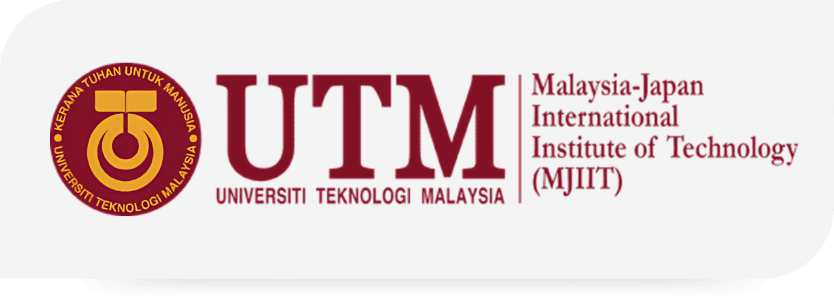Malaysia-Japan International Institute Technology (MJIIT)
Malaysia-Japan Advanced Research Centre (MJARC)
Malaysia-Japan Advanced Research Centre (MJARC) is a research centre governed by Malaysia-Japan International Institute of Technology (MJIIT), Universiti Teknologi Malaysia. MJARC was launched on April 2018 and was established through the initiative of the 10th Malaysia Plan, as an international research and development (R&D) centre in the field of Sub-Critical Water Waste Management System (SCW-WMS).
Basic Information
iKohza Name: Malaysia-Japan Advanced Research Centre
Leader's Name and Title: Dr. Abd Halim bin Md Ali
Deputy Leader (if any):
Main Contact Email: mjarc@utm.my
Location/Office: Malaysia – Japan Advanced Research Centre (MJARC), Universiti Teknologi Malaysia Kampus Pagoh, Hub Pendidikan Tinggi Pagoh, 84600 Pagoh, Johor Darul Takzim, Malaysia.
Website or Social Media (if available): https://mjarc.utm.my/
Research Focus Areas
Main Research Themes/Keywords :
Vision
To Provide Sustainable and Innovative Solutions for Solid Waste Management and Conversion to High Quality Products
Mission
To become a world class advanced research centre, excelling in science, technology and socio-economy
Description of Research Focus Areas :
- Waste-to-Wealth and Waste-to-Energy technologies
Focuses on innovative solutions to convert waste into valuable resources such as soil conditioner, organic fertilizer, animal feed, biogas and biodegradable packaging. These technologies support the circular economy by reducing landfill use and creating economic value from waste. The focus is on scalable, sustainable methods that benefit both the environment and local communities.
- Effluent treatment
Focuses on improving the treatment of wastewater from industrial, agricultural, and domestic sources. MJARC explores advanced methods to remove harmful substances like chemicals, heavy metals, and pathogens which include both high-tech and low-cost systems suitable for urban and rural areas.
- Energy systems and recovery
Focuses on advancing clean and efficient energy solutions. Research includes energy recovery from waste and biomass, renewable energy integration, and smart energy systems. The objective is to support the transition to low-carbon, sustainable energy sources for diverse settings.
- Pre-and post-disaster waste management
MJARC supports resilient waste management strategies for disaster situations. This includes planning for efficient waste handling before disasters and rapid response systems afterward. The focus is on managing debris, hazardous waste, and health risks, while strengthening community preparedness and recovery efforts.
Facilities and Equipment
Laboratories Used :
There are two (2) main laboratories in MJARC:
- Sub-Critical Water Waste Management System (SCW-WMS)
SCW-WMS located at UTM Kampus Pagoh features two units of Multipurpose Recycling Machines (MRM), each with a processing capacity of 2m3. Utilizing sub-critical water technology, the system enables the rapid and efficient treatment of various agro-industrial and organic wastes under moderate temperature and pressure conditions. This technology allows for the sterilization and breakdown of complex waste materials, making it possible to convert them into a range of value-added products such as hydrochar, solid and liquid fertilizer, animal feed additives and other bio-based materials. The process is significantly faster than conventional methods and supports both environmental sustainability and resource recovery.
- Solid Waste Laboratory
The Solid Waste Laboratory, located at the Malaysia-Japan International Institute of Technology (MJIIT), UTM Kuala Lumpur, serves as a specialized facility for research and development in sustainable waste management. The laboratory is equipped with a range of high-performance analytical and treatment equipment, supporting studies related to waste-to-wealth, waste-to-energy, and the treatment of solid waste, water, and air.
Key Equipment/Technology Available (with brief descriptions):
Research Projects
List of Ongoing/Recent Projects or Grants :
- Kajian dan penyediaan rangka tindakan Green and Smart Terminal Blueprint untuk Terminal Larkin Sentral : Bidang Tumpuan Pemuliharaan Air dan Pengurusan Sisa (Focus Area 1)
This project focuses on developing a blueprint to transform Terminal Larkin Sentral into a green and smart terminal. The study emphasizes water conservation and solid waste management, proposing sustainable strategies to improve the terminal’s environmental performance.
- Kerangka Pelan Hala Tuju Kuala Lumpur ke arah Sifar Sisa 2050
This initiative aims to develop a strategic roadmap to guide Kuala Lumpur’s transition towards a zero-waste city by 2050. The framework outlines action plans and implementation strategies to minimize waste generation, increase recycling rates, and promote a sustainable urban living environment.
- Promoting eco-friendly practices: lemon peel as an effective adsorbent for oil waste removal from water bodies
This project explores the potential of lemon peel as a low-cost, biodegradable adsorbent for removing oil waste from water bodies. It supports the development of sustainable water treatment alternatives using agricultural by-products, contributing to cleaner aquatic ecosystems.
- Optimization of esterification process for reduction of acidity and high-quality of pyrolysis oil based spent coffee ground
This research focuses on optimizing the esterification process to reduce acidity and improve the quality of pyrolysis oil derived from spent coffee grounds. The objective is to produce a cleaner, more stable bio-oil suitable for renewable energy applications.
- Development of Banana Waste-Based Air Filter for PM2.5 Capture in Indoor Environments
This project aims to fabricate an eco-friendly air filtration system using banana waste as the core material. The filter is targeted at capturing fine particulate matter (PM2.5) in indoor spaces, offering a sustainable solution for improving air quality while utilizing agricultural waste.
Research Outputs
Selected Publications :
- Hamzah, M. H., Aminudin, N. H., Hamzah, A. F. A., Ashari, R., Ali, A. H. M., Gavahian, M., & Al-Sharify, Z. T. (2025). Towards higher yield and quality of essential oils extracted from lemon myrtle (Backhousia citriodora) leaves via ohmic heated extraction. Journal of Food Measurement and Characterization, 1-18.
- Hamzah, M. H., Zulkefli, N., Hamzah, A. F. A., Shamsudin, R., Man, H. C., Ali, A. H. M., & Wondi, M. H. (2024). Optimization of process parameters using response surface methodology for essential oil extraction from Canarium odontophyllum kernels by subcritical water treatment. Food Analytical Methods, 17(6), 910-929.
- Rosly, M. B., Tamunaidu, P., Huzir, N. M., Amin, A. N. R., Goto, M., & Ali, A. H. M. (2024). Potential of Biogas Production from Anaerobic Co-digestion of Hydrothermal Pre-treated OPEFB and Digested Sludge Journal of Advanced Research in Fluid Mechanics and Thermal Sciences, 117(1), 155-163.
- Pramila Tamunaidu: Patent (PI2024007562) Method for Producing Nutrient-Enhanced Banana Peel for Animal Feed and Composition Thereof.
- Pramila Tamunaidu (2025). Pelan Halatuju Kuala Lumpur ke Arah Sifar Sisa 2040
- Huzir, N. M., Tamunaidu, P., Rosly, M. B., Hussin, M. H., & Amin, A. N. R. (2024). Enhancing nutritional value of banana peels as animal feed pellet using subcritical water technology. In E3S Web of Conferences (Vol. 516, p. 04001). EDP Sciences.
- Isa, N., Huzir, N. M., Rosly, M. B., Amin, A. N. R., Hussin, M. H., & Tamunaidu, P. (2024). Hydrothermal pre-treatment of hospital food waste for efficient bio-methane generation. In E3S Web of Conferences (Vol. 516, p. 01007). EDP Sciences.
- Abdullah, W. A. S. W., Liew, P. Y., Ismail, I., Ho, W. S., & Woon, K. S. (2025). Liquid organic hydrogen carriers energy storage in urban-industrial symbiosis through process integration. Energy, 320, 135289.
- Fadhil, M. F. S. A., Liew, P. Y., Zaharuddin, H. H., Mah, A. X. Y., Ho, W. S., & Woon, K. S. (2024). Hydrogen Supply Chain Optimisation with Green Electricity Generation for Energy Trading Between Industrial Parks. Chemical Engineering Transactions, 114, 541-546.
- Mohammad Rozali, N. E., Mohd Halmy, M. A., & Liew, P. Y. (2024). Design of Integrated Energy–Water Systems Using Automated Targeting Modeling Considering the Energy–Water–Carbon Nexus. Water, 16(22), 3256.
- Balasundram, V., Manaf, N. A., Tamunaidu, P., Ibrahim, N., Isha, R., & Pham, L. K. H. (2025). The Effect of Temperature on Co-Pyrolysis of Empty Fruit Bunch and Used Palm Cooking Oil for Hydrocarbon Fuel Production. Jurnal Teknologi (Sciences & Engineering), 87(4).
- Chia, J. J., Ali, R. R., Balasundram, V., Yusefi, M., Teow, S. Y., Tarmizi, Z. I. A., & Shameli, K. (2024). Dual ionotropic crosslinked biopolymer magnetic nanocomposites as 5‐Fluorouracil nanocarrier for potential colorectal cancer treatment. Polymer Engineering & Science, 64(7), 3303-3318.
- Narayana, L. R. S., Mokhtar, M. A. M., Ali, R. R., Balasundram, V., Huzir, N. M., Tamunaidu, P., & Younesi, H. (2024). Subcritical Water Extraction of Banana Peel Derived ZnO for Photodegradation of Paracetamol. Semarak International Journal of Nanotechnology, 2(1), 1-8.
- Dewika, M., Markandan, K., Nagaratnam, S., Irfan, N. A., Abdah, M. A. A. M., Ruwaida, J. N., & Khalid, M. (2025). Assessing the concentration, distribution and characteristics of suspended microplastics in the Malaysian indoor environment. Science of the Total Environment, 959, 178049.
- Dewika, M., Markandan, K., Ruwaida, J. N., Sara, Y. Y., Deb, A., Irfan, N. A., & Khalid, M. (2024). Integrating the quintuple helix approach into atmospheric microplastics management policies for planetary health preservation. Science of the Total Environment, 176063.
- Husin, H., Ishak, N., Ruwaida, J. N., Naidu, D., Rashid, A. M., Yusuf, S. Y., & Manaf, N. A. (2024). Optimization of Ammonia Removal from Landfill Leachate by Aeration Using Response Surface Methodology (RSM). International Journal of Integrated Engineering, 16(4), 179-187.
Award:
- Silver Awards in National Agricultural And Food Engineering Convention (NAFEC2025)
- First Prize Winner in Malaysia-Japan Industrial & Innovation Expo (MJIIX) 2024
- Gold Award & Best of The Best Award in International Research & Innovation Technology (i-RITEC) 2023
- First Prize Winner & Gold Award in 5th Sustainability Challenge 2023
- New Academia Learning Innovation (NALI) Award 2023
- Highly Commended Sustainability Project, IChemE Malaysia Award 2022
- Highly Commended Young Researcher Award, IChemE Malaysia Award 2017, 2019
Collaboration and Outreach
Current National and International Collaborations:
-
International Collaborator:
- ASEAN University Network/Southeast Asia Engineering Education Development Network (AUN/SEED-Net)
- International Cooperation Agency (JICA), Japan
- Japanese University Consortium (JUC)
- Japan-ASEAN Science, Technology and Innovation Platform (JASTIP)
- Japan Science and Technology Agency (JST)
- Kyoto University
- Kyushu University
- Kanazawa University
- National Cheng Kung University
- National Research Institute for Earth Science and Disaster Prevention
- NPO Landfill System and Technology Research Association (LSA)
- Shibaura Institute of Technology
- The International Centre for Water Hazard and Risk Management (ICHARM)
- University of Tsukuba
- Universitas Gadjah Mada
- Yamaguchi University
National Collaborations:
- Ans Biotech
- Dewan Bandaraya Kuala Lumpur
- Institut Jantung Negara
- Lembaga Kemajuan Pertanian Kemubu (KADA)
- Lembaga Kemajuan Tanah Persekutuan (FELDA)
- Lembaga Penyatuan dan Pemulihan Tanah Persekutuan (FELCRA)
- Ministry of Housing and Local Government (KPKT)
- Sime Darby Property
- Waste Management Association of Malaysia (WMAM)
- Worldwide Environment
Joint Programs/Student Exchanges/Industrial Engagements:
Community Engagement (if any):
Members
Academic Staff (Name, Position, Area of Expertise):
 |
Ts. Dr. Abd Halim bin Md Ali (Manager of MJARC) Area of Expertise:
Safety and Health |
 |
Ts. Dr. Pramila a/p Tamunaidu (Research Fellow) Area of Expertise:
Solid Waste Management |
 |
Assoc. Prof. Ir. Ts. Dr. Liew Peng Yen (Research Fellow) Area of Expertise: · Process System Engineering · Process Integration · Life Cycle Assessment · Resource and Energy Conservation · Industrial Utility System Optimisation · Sustainability |
 |
Ir. Ts. Dr. Vekes a/l Balasundram (Research Fellow) Area of Expertise:
Process Modelling |
 |
Ts. Dr. Nor Ruwaida binti Jamian (Research Fellow) Area of Expertise:
Environmental Engineering |
Postdocs/Researchers: Postgraduate Students:
Photos and Media
SUBCRITICAL WATER TECHNOLOGY



WASTE AS FEEDSTOCK
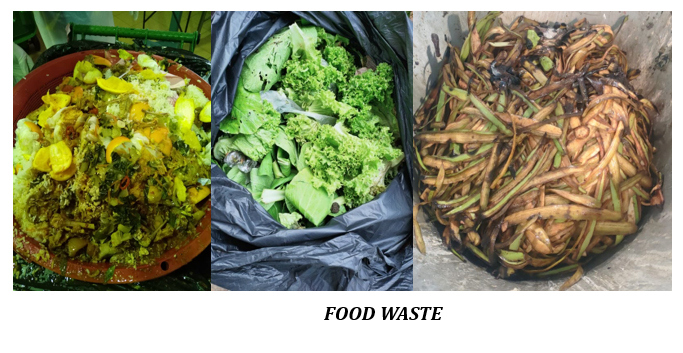
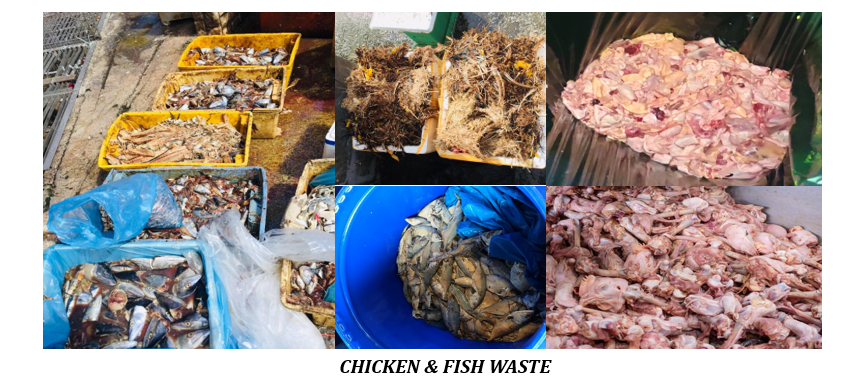
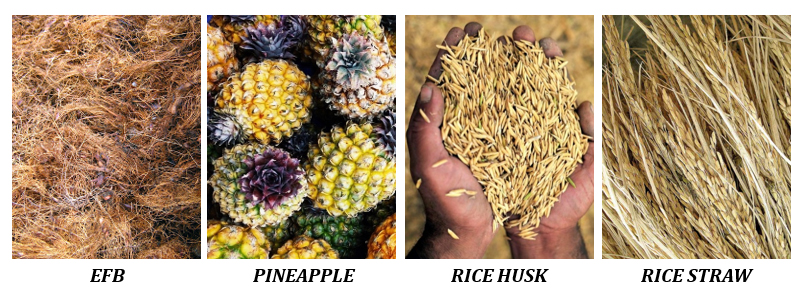
SCW PRODUCT

PROOF OF CONCEPT
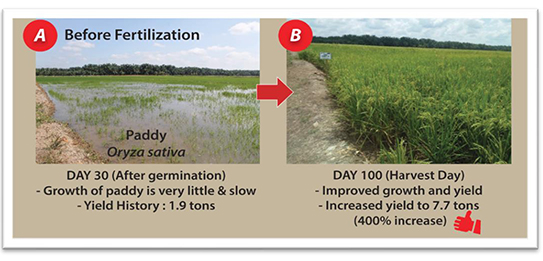
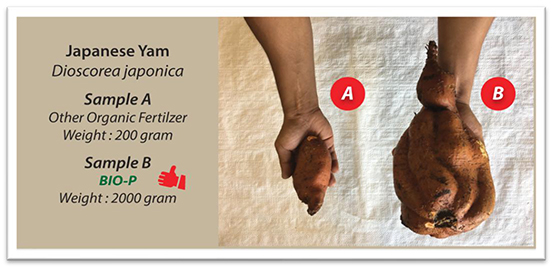
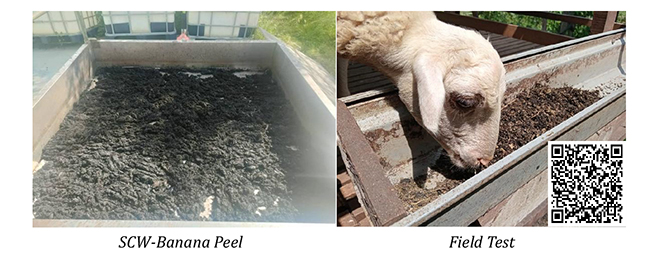
MJARC HIGHLIGHTS

THE 12TH ASIA PACIFIC LANDFILL SYMPOSIUM (APLAS 2024)
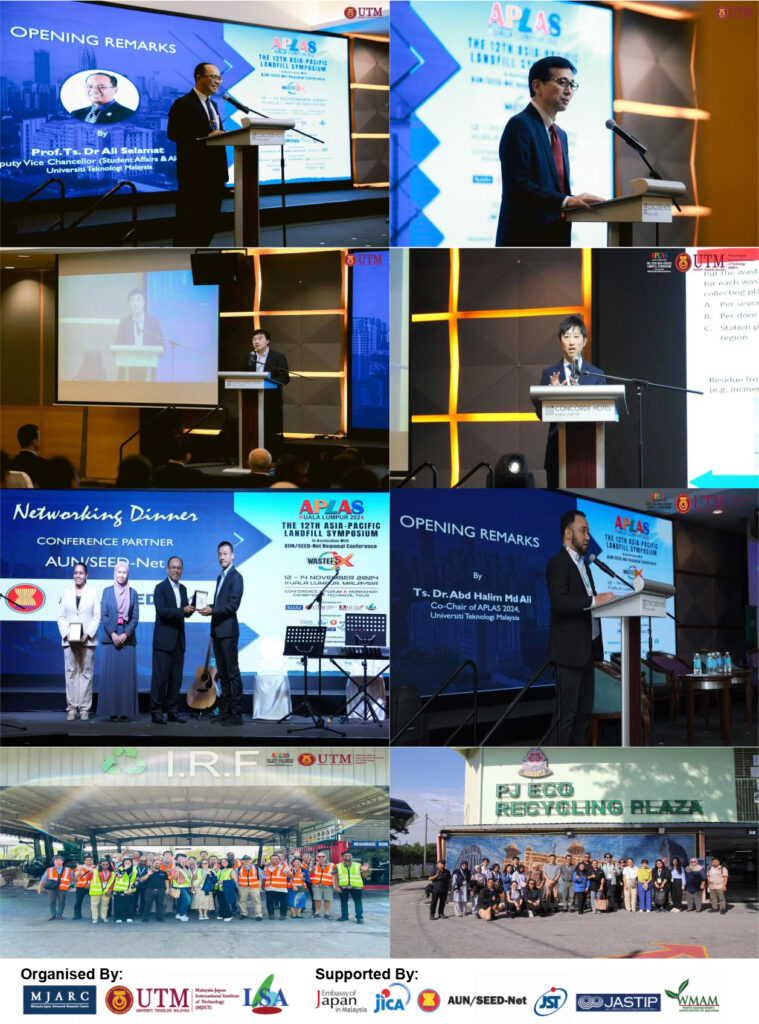
MJARC ACHIEVEMENT

Introductory Video
Link to Video:
Refer to the sample video shared:
https://drive.google.com/file/d/1uCct65sTQaNmssiLeKSd5RqQP_5EUMfs/view?usp=drive
sdk
